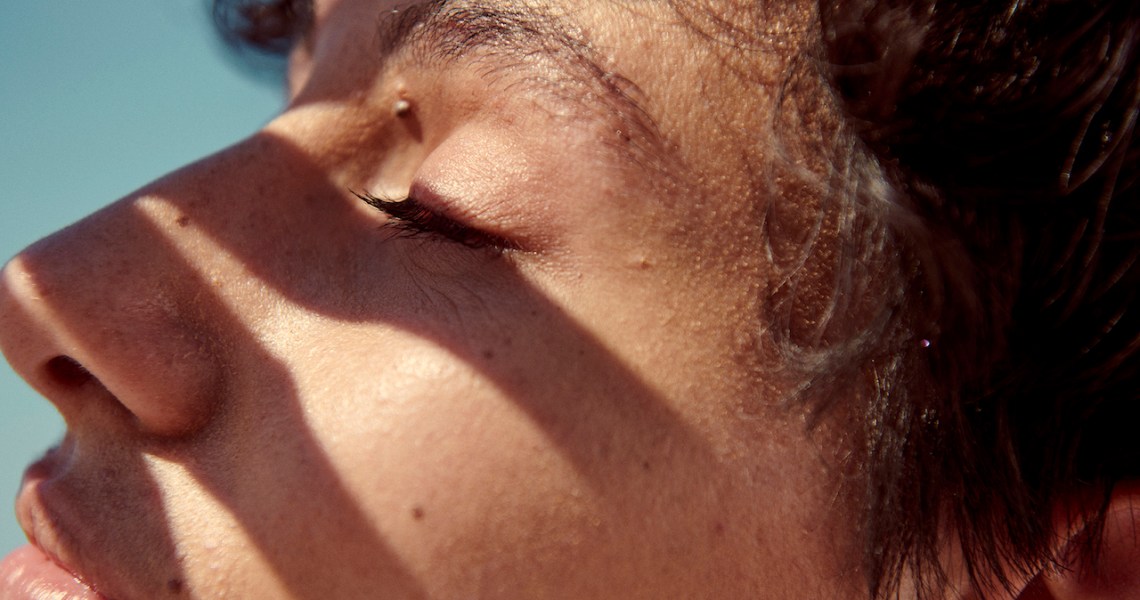Newness is what makes the beauty industry go round. Though executives underscored that idea prior to the pandemic, Covid-19 has spurred many heritage beauty companies to modernize, and fast.
Johnson & Johnson’s Neutrogena is the latest to update its positioning. On Wednesday, the 91-year-old brand beauty announced a new mission to level the playing field in skin health. Called “For People With Skin,” the brand purpose is meant to combat inequality as it pertains to socioeconomic status, race, ethnicity and access to health care. It will be tackled under four core pillars: advocacy, education, expertise and transparency.
“Neutrogena has always stood for healthy skin. It’s in our roots; in our DNA. So, in many ways, this is what we’ve always been doing. As the leader in skin care and the No. 1 [facial skin-care] brand in the U.S., we want to make sure that everyone can get the skin health they deserve,” said Kerry Sullivan, Neutrogena’s general manager.
Skin health and inclusion are increasingly important topics in beauty, with emerging brands like Topicals hoping to appeal to overlooked consumers. Neutrogena acknowledged this in its own data. For example, it found that 47% of dermatologists feel their training did not prepare them to treat Black skin. Moreover, three out of four customers lack confidence when buying their skin-care products.
Sullivan said Neutrogena has an opportunity and responsibility to the U.S. consumer to better equip them with clearer information. “Seventy-three percent of Americans felt there were just too many options to choose from. I often say to people, ‘Why would you ask your three best friends what worked for them? As much as you love your three best friends, their skin is completely different, in many ways, from yours.'”
In Johnson & Johnson’s fiscal results, its consumer health division saw a modest 1.1% sales increase for 2020, driven by OGX in its skin health segment; Tylenol, Zyrtec, and Pepcid in over-the-counter products; and Listerine in oral care.
Neutrogena’s emphasis on skin health comes at the right time, as wellness and self-care have infiltrated beauty during the global health crisis. And though skin care sales in prestige beauty were down by 11% in 2020, according to NPD, it still fared better than color cosmetics.
Ad position: web_incontent_pos1
“Skin care is hot right now, and it’s not just because it’s a fad. People crave science and expertise. Young consumers, because they’re so savvy, have accelerated the appreciation for great skin health and skin care,” said Sullivan. She added that Neutrogena is adding more skin-care ingredients to its hair care assortment and is underscoring the skinification of makeup with its products.
To further lure that younger shopper who is focused on conscious consumerism, the brand shared that it will be expanding its at-home-compostable facial wipe products, which launched last fall. Compostable wipes were initially only available in Neutrogena’s Skin Balancing Micellar Cleansing Wipes product, but they’ll be found in the rest of its wipe franchises, including its hero makeup remover wipes, throughout 2021. Eventually, all of Johnson & Johnson’s brands will include this type of product.
“We’re going to keep pushing that forward,” said Katie Decker, Johnson & Johnson’s consumer health global president of essential health and sustainability. “We now have the first compostable wipe, and it will roll out across Neutrogena and our portfolio of brands. Next, we are looking at packaging and having that be more sustainable, as well, so we can get to the point where we are talking about regenerative products.”
In tandem with Neutrogena’s new brand mission, the brand recently announced its first content studio this month. Its first film, called “In the Sun,” was executive produced by Kerry Washington. It follows seven families and their respective skin health journeys and will be released on April 27. While the first offering is a full-length film, Sullivan said the studio is likely to be used for other brand assets, such as social media content or campaigns.
“We started with the long-form documentary aspect, but you’ll see both short- and longer-form storytelling come out of the studios. The studio is on a mission to change the trajectory of skin health and tell the stories that implement change,” she said.
Ad position: web_incontent_pos2
Nimble brands like Ipsy and Haus Laboratories have made their own forays with content studios in the last two years, largely to satisfy their influencer and social media communities. Sullivan expects to do the same.
“We’re working on some interesting ways to bring science to life in a much more entertaining, edu-tainment focus,” she said. “Entertainment is critical for us both on TikTok and in-store. It needs to be compelling and give you a quick snippet, but also pull you in to engage more deeply with us. TikTok allows us to obviously bring that entertainment to life, but our retailers are looking for that, as well.”




